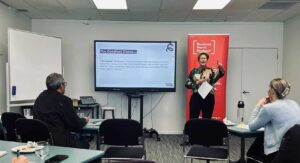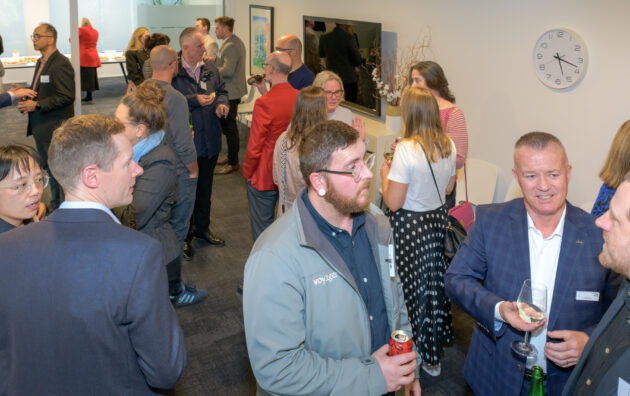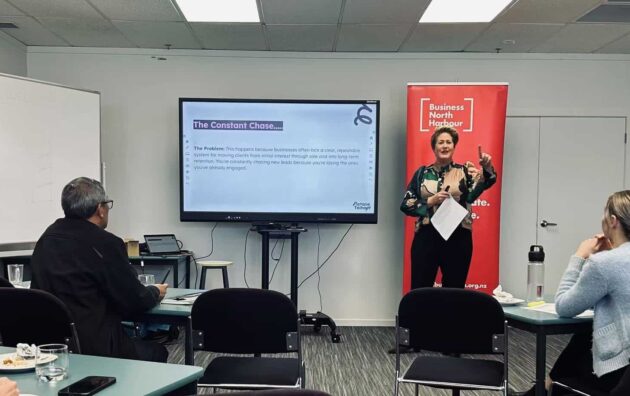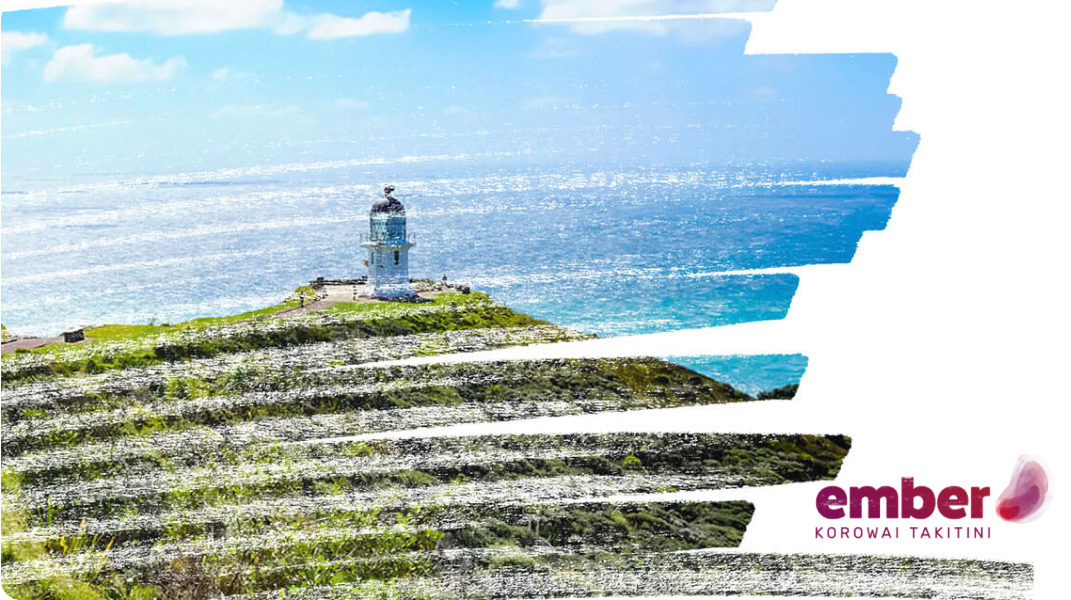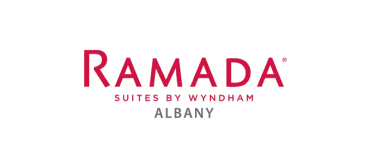Five hundred spaces per fortnight will be allocated in managed isolation facilities over the next 10 months.
Five hundred spaces per fortnight will be allocated in managed isolation facilities over the next 10 months, many for skilled and critical workers to support our economic recovery.
The Trans-Tasman bubble has freed up more rooms, allowing us to allocate more places in managed isolation for critical workers.
It has given us flexibility to expand our engagement with the rest of the world on a targeted basis and attract skills and people needed to drive our economic recovery, while carefully managing risks of bringing in COVID-19.
Fewer New Zealanders are choosing to come home, which gives us the opportunity to focus MIQ more on bringing in skills to support our economic recovery.
About 500 MIQ rooms will be made available for ‘large groups’ every fortnight. These include spaces for:
- around 300 Recognised Seasonal Employer (RSE) workers every month from June — with a total of 2,400 arriving by March 2022
- 300 specialised construction workers between June and October
- 400 international students for arrival in June, out of the 1,000 previously announced, for the start of semester 2
- 100 refugees every six weeks from July.
The Construction Sector Accord has consulted widely and it will continue to work with industry to prioritise the specific types of skills it needs.
They include civil and structural engineers, project managers and a range of specialist technical workers such as hydraulic modellers and mass transit specialists.
We’ve also renewed border exceptions for shearers, rural mobile plant machinery operators and essential travellers to and from the Pacific. They will need to book spaces through the online Managed Isolation Allocation System.
The dedicated spaces in MIQ and renewed border exceptions will provide our agriculture, horticulture and viticulture sectors with the additional workforce to support our rural communities and help drive New Zealand’s economic recovery from COVID-19.
The Government and food and fibre sector have been working hard to mitigate worker shortages by training and upskilling New Zealanders, but there is still the need for additional labour.
This decision should see around 2,400 more RSE workers entering New Zealand in time for next summer’s harvest season and pruning this winter.
Border class exceptions have also been agreed for 40 more shearers and 125 rural mobile plant machinery operators for the 2021/22 season — subject to completion of sector workforce plans, a model to upskill New Zealanders and agreed wage rates.
More spaces in MIQ for targeted groups
The Government is taking a number of factors into account when allocating rooms in managed isolation.
It’s balancing seasonal and strategic skills shortages, seasonal variations of when overseas New Zealanders travel home; and our international obligations, such as providing hundreds of MIQ places for the United States Antarctic Programme over the winter months.
Around 20,000 vouchers will be made available in the online Managed Isolation Allocation System over the next three months for New Zealanders wanting to return home.
SOURCE: COVID19.GOVT.NZ





